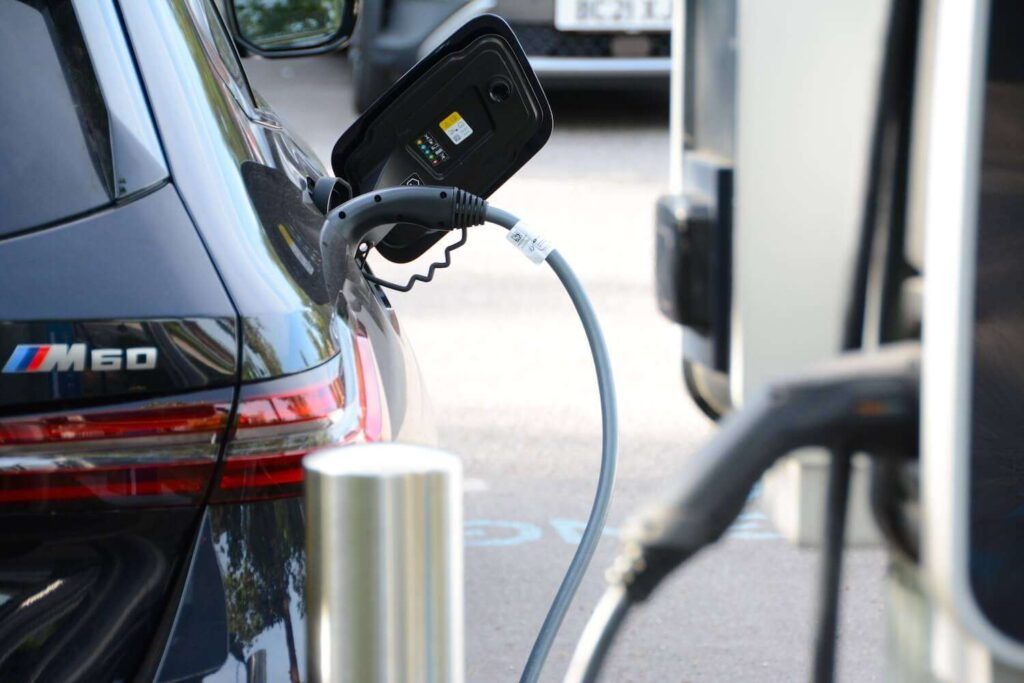The UK Government has called on Great Britain’s electricity networks to improve their resilience and has set out a range of actions which will help them to be better prepared for future extreme weather events.
This follows a comprehensive government review into the industry response to Storm Arwen and will ensure better outcomes for consumers by setting deadlines for operators to take action.
In November 2021 Storm Arwen brought severe weather disruption to the UK, with around one million households experiencing power cuts, nearly 75,000 of whom were without power for over 48 hours and over 3,700 for a week or more.
As the government made clear at the time, it was unacceptable that thousands of homes were left without power for so long, which is why the Business and Energy Secretary commissioned a review into how network operators responded to the Storm, to identify lessons and ensure suppliers step up to prevent the scale of the issues happening again.
Recommendations from the review include measures to improve the resilience of the electricity system from future storms and improvements to ensure customers quickly receive compensation payments, with network operators given deadlines to implement the changes.
Business and Energy Secretary Kwasi Kwarteng said: “Storm Arwen was one of the most extreme weather events in decades, and I’m grateful to all those engineers, Armed Forces personnel and volunteers who worked night and day to get people reconnected to power.
“However, it’s clear that thousands of customers were badly let down by electricity network companies, which is why I launched this review to identify and address any failings. This action plan will ensure better preparedness for future storms, boosting the security of our electricity system and protecting families.”
Areas worst affected were North East England and Scotland, with both the Business and Energy Secretary Kwasi Kwarteng and Energy Minister Greg Hands visiting local communities to see work taking place on the ground to get households reconnected to power.
The review has been a joint endeavour between government, industry and Ofgem – with the energy regulator also publishing their own report into the Storm Arwen response today, looking at how each network operator performed against their legal obligations. Ofgem’s review acknowledged the hard work of front-line staff in challenging circumstances, but found thousands of customers were provided with an unacceptable service. Network operators have paid over £34 million in direct compensation to affected customers, and following Ofgem’s review, have agreed to pay a further £10 million in redress payments to the affected communities.
Jonathan Brearley, Chief Executive of Ofgem, said: “Distribution network companies faced challenging conditions in the aftermath of Storm Arwen, and I pay tribute to the many colleagues in those companies who supported customers and worked to get them back on power as quickly as possible. However, it was unacceptable that nearly 4,000 homes in parts of England and Scotland were off power for over a week, often without accurate information as to when power would be restored.
“Network companies need to do better, not just to prevent power disruptions, but to ensure that when power is off, they work smarter to get people back on power quicker, and keep customers informed with accurate and timely information. This is the very least customers should be able to expect. The frequency of extreme weather events is only set to increase so it is really important that industry, and those involved more widely, learn from Storm Arwen to better respond in future.”
The Government’s Final Report recommends actions across the three areas of the review – System Resilience, Consumer Protection, and Additional Support – with the Business and Energy Secretary setting deadlines for the next steps to be completed.
The outcomes from this review will be taken forward to improve resilience of the system, building on previous efforts and investment from both government and industry, to ensure a better outcome for consumers.
Industry reaction:
Great Britain’s electricity distribution networks plan to increase investment and expenditure in resilience measures over the next five years by around 20%, subject to approval by regulator Ofgem.
In the business plans submitted for the forthcoming RIIO-ED2 Price Control period, the six distribution network operators plan to increase expenditure from around £12bn in the past five years to £14.5bn over the next five years.
The increased investment will go towards measures such as tree cutting, flood prevention and other energy security measures designed to improve the resilience of Britain’s 800,000km of overhead and underground power lines in the face of more severe weather events in future.
David Smith, Chief Executive of Energy Networks Association, which represents the UK and Ireland’s energy networks businesses, said: “Storm Arwen caused catastrophic damage and disruption to customers and we welcome today’s findings. It’s important customers have trust in their network operators and are supported during severe weather events. As well as implementing the recommendations set out by government and the regulator and enhancing customer service, network operators have also identified areas which will need increased investment to provide better energy security and service for customers in the long term. This is particularly important as severe weather events become more frequent. The six electricity distribution network operators have submitted these details in their business plans for the next five years and Ofgem is due to make its initial determination in the coming weeks.”
Electricity North West is fast forwarding several million pounds of planned investment ahead of this winter following its review into Storm Arwen last year.
The North West’s power network has brought forward £5.2m of investment, to improve and enhance its network and restoration systems, on top of the £140m which it spends on reliability and resilience each year.
The company has also announced that it is investing an additional £1.2m on systems to provide more accurate information on restoration times, in direct response to customer feedback following the storm.
Stephanie Trubshaw, Electricity North West’s customer director, said: “We know how difficult Storm Arwen was for so many people, and it provided challenges on a scale that we simply haven’t seen before which impacted both repair and restoration times. In some areas we had whole forests that fell on power lines, taking down up to 3km of overhead lines in places.
“As part of our review, we spoke with customers from Cumbria to Cheshire and the key things they wanted to see were quicker restoration times, but also more accurate information on restoration times.
“The investment we’re making, which is already underway, will not only help improve restoration times, but also provide us more information about when and where equipment is damaged so that we can give more accurate updates to customers affected.”
Image courtesy of Shutterstock.












